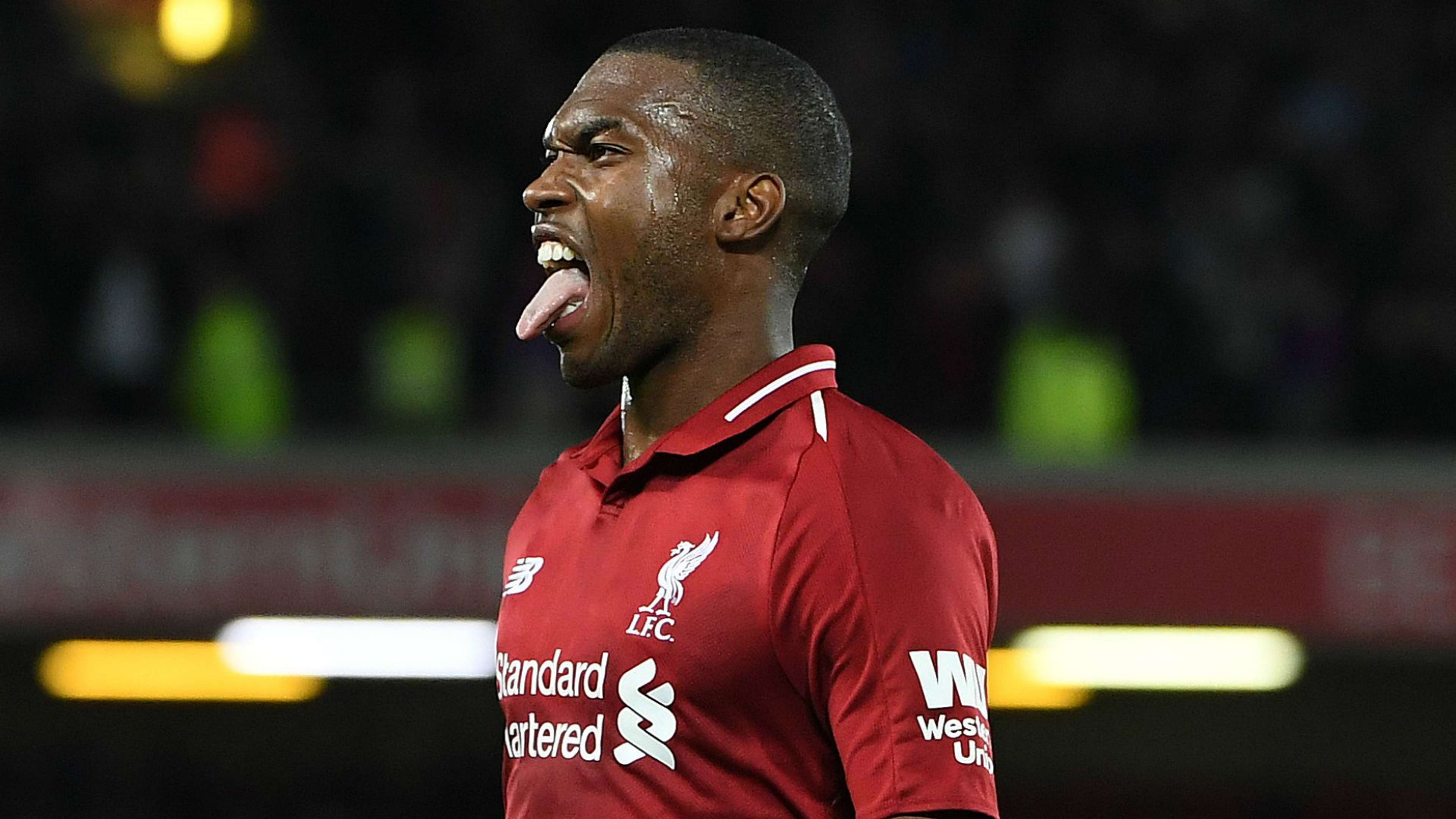For a year and a half after joining Liverpool in 2013, Daniel Sturridge looked like the best English striker in the Premier League.
Thirty-five goals between January 2013 and May 2014 told their own story. Sturridge was incisive, clever, technically superb and brimming with confidence.
In the six seasons since, Sturridge has scored just 23 more league goals. He has finished bottom of the Premier League with West Brom, won the Champions League with Liverpool, and been banned from football for betting offences.
He has drifted to the sidelines, on the pitch and in the public consciousness.
At 30, he should be coming towards the end of his peak years, but he was never in the conversation for England’s squad for the postponed Euro 2020 – Harry Kane, Marcus Rashford, Raheem Sterling and Jamie Vardy have grown beyond him while youngsters like Tammy Abraham and Dominic Calvert-Lewin have emerged in his wake.
Sturridge is used to being overlooked. As a youngster at Manchester City, he struggled to break into the first-team picture ahead of experienced - if goal-shy - operators like Rolando Bianchi, Darius Vassell and Benjani.
Sold to Chelsea a year after Man City were taken over in 2008, he took time to settle. His first two seasons brought 26 league appearances and just one goal before a productive loan spell at Bolton, but he burst into life under Andre Villas-Boas in 2011-12.
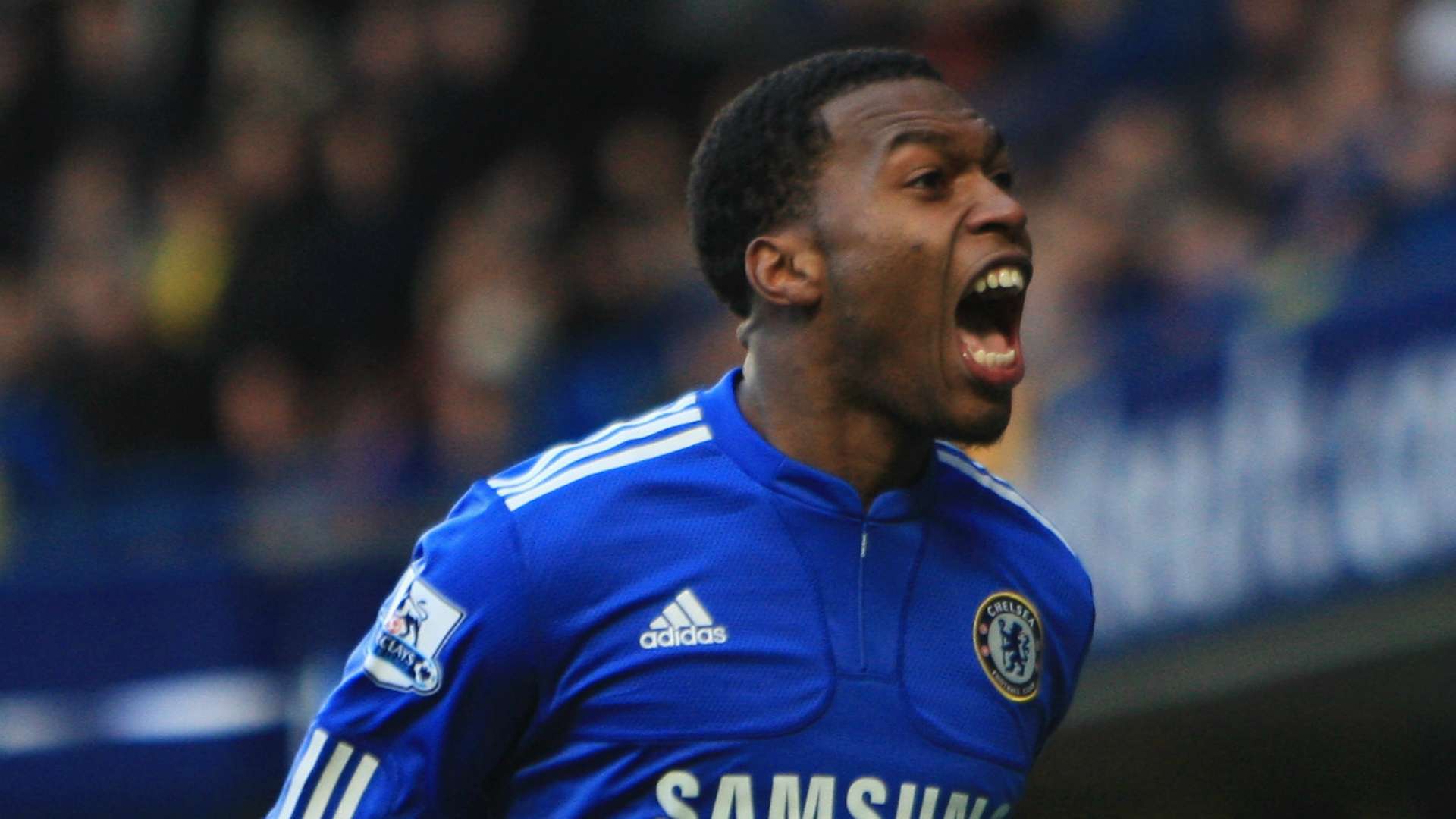 Getty Images
Getty Images
Thirteen goals that year was his best season to date by some distance, but his personal success was tainted. While he shone under Villas-Boas, the Blues struggled and the young Portuguese coach was sacked in early March.
Roberto Di Matteo came in and won Chelsea the Champions League, but Sturridge’s goals dried up; he scored just two more in the league and didn’t feature in Europe beyond the quarter-final first-leg win at Benfica.
Sold midway through the following campaign, Sturridge immediately clicked at Anfield.
There were rumours Brendan Rodgers didn’t want him at Liverpool. Regardless, the pair found a good relationship straight away and Sturridge was electric alongside Luis Suarez.
The pair’s partnership was among the most potent the Premier League has seen, even if it was short-lived. They spent only one full season together, and almost fired Liverpool to the title in 2013-14. Suarez was the league’s top scorer with 31, Sturridge second with 21, and that wavy-armed celebration was near-ubiquitous.
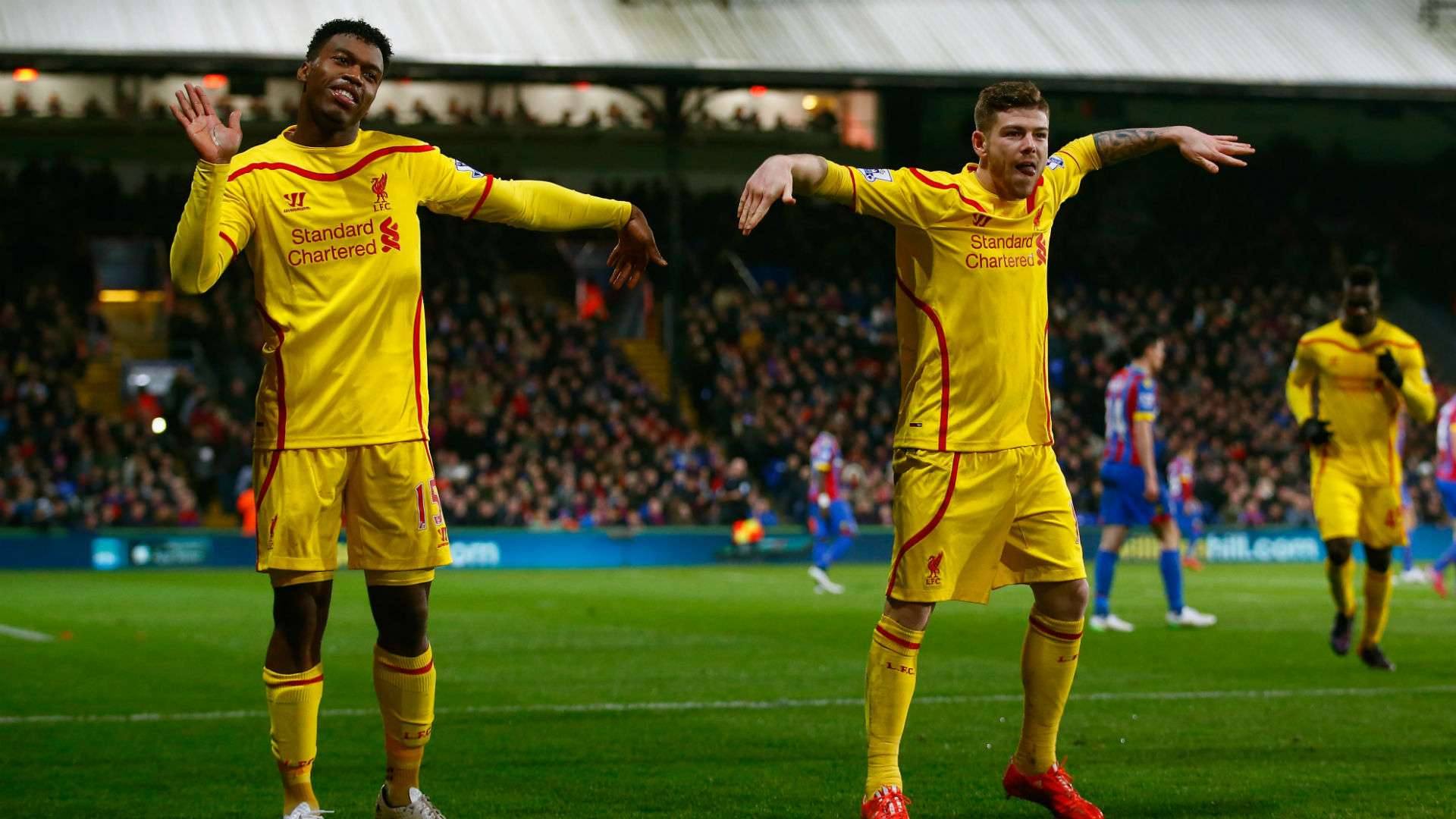 Getty
Getty
"Daniel has a wonderful opportunity over the next few years to become world class,” Rodgers said midway through that season.
“He has every tool and every quality he needs to be as [good] as Luis Suarez. If he stays clear of injury and stays on the field he can achieve that.”
Since leaving Liverpool in 2014, Suarez has scored 142 league goals for Barcelona, at one point serving as the tip of perhaps the greatest attacking trident the world has ever seen. In the same time, Sturridge's career has slipped through the cracks.
Hamstring injuries, hip injuries, knee injuries, ankle ligament injuries, calf injuries - his body just couldn't take the strain.
Jurgen Klopp realised quickly enough he couldn’t rely on Sturridge to build a team around him. He still scored goals when he played, and he still performed for England – his last-minute winner against Wales at Euro 2016 was a career highlight – but his playing time dwindled.
The move to West Brom midway through 2017-18 was his last-chance saloon, a nothing-to-lose opportunity to put himself in the shop window.
Six goalless appearances and another two-month injury lay-off left the writing very much on the wall.
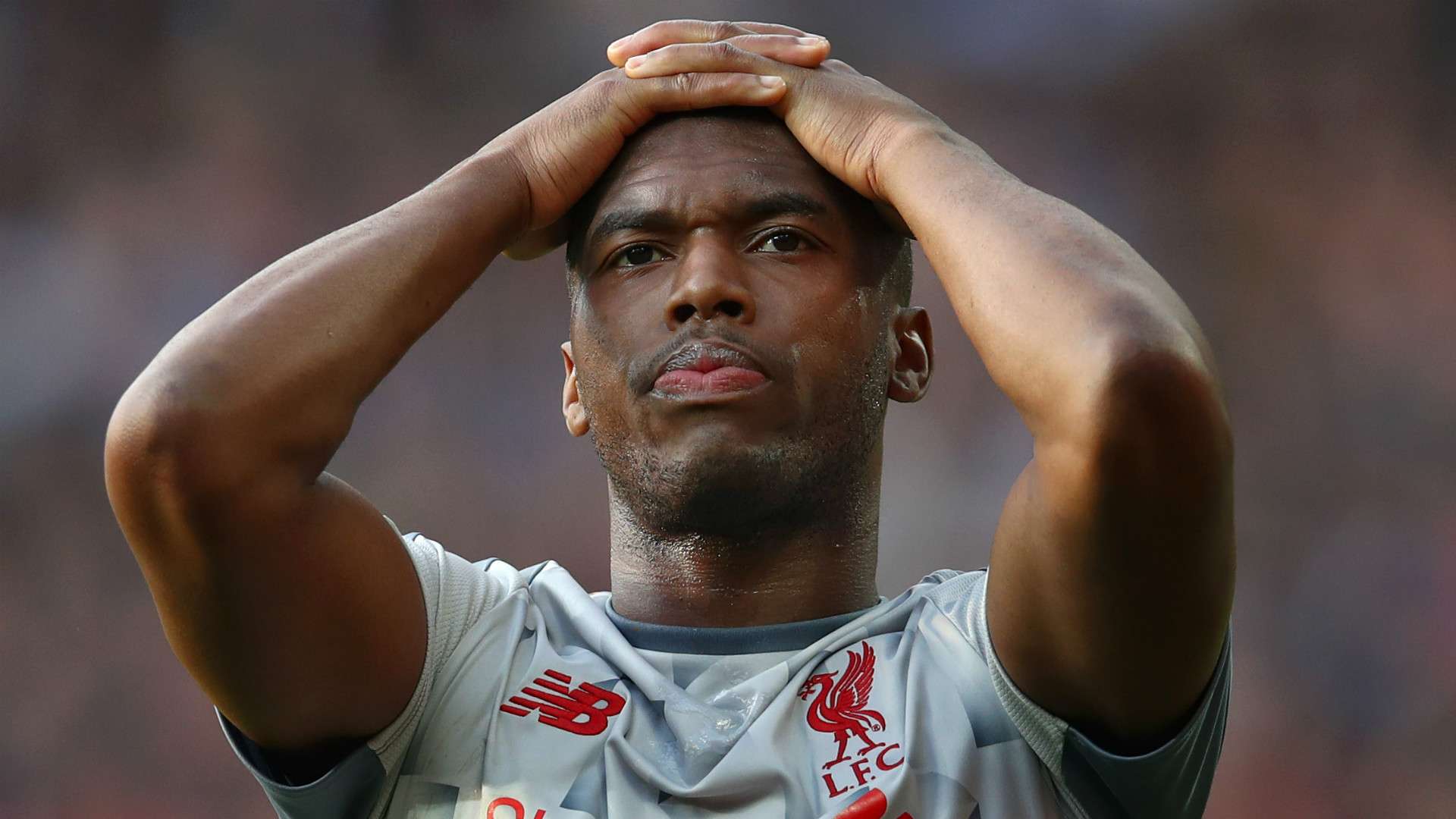
He left Liverpool as a free agent at the end of 2018-19 after watching from the bench as Liverpool won the Champions League. His manager had nothing but praise for him.
“Daniel has earned the right to be considered a modern-day Liverpool great, I would think,” Klopp said.
“He came to the club while we were trying to rebuild and re-establish ourselves. Some of the goals he has scored for Liverpool were so, so, so important.
“He is one of the best finishers I have ever seen in my life. He scores goals you think could and should not be possible.”
Unexpectedly, Sturridge ended up moving abroad. He went to the Turkish Super Lig with Trabzonspor and found his goalscoring touch hadn’t left him – he rattled in seven goals in his first 16 games.
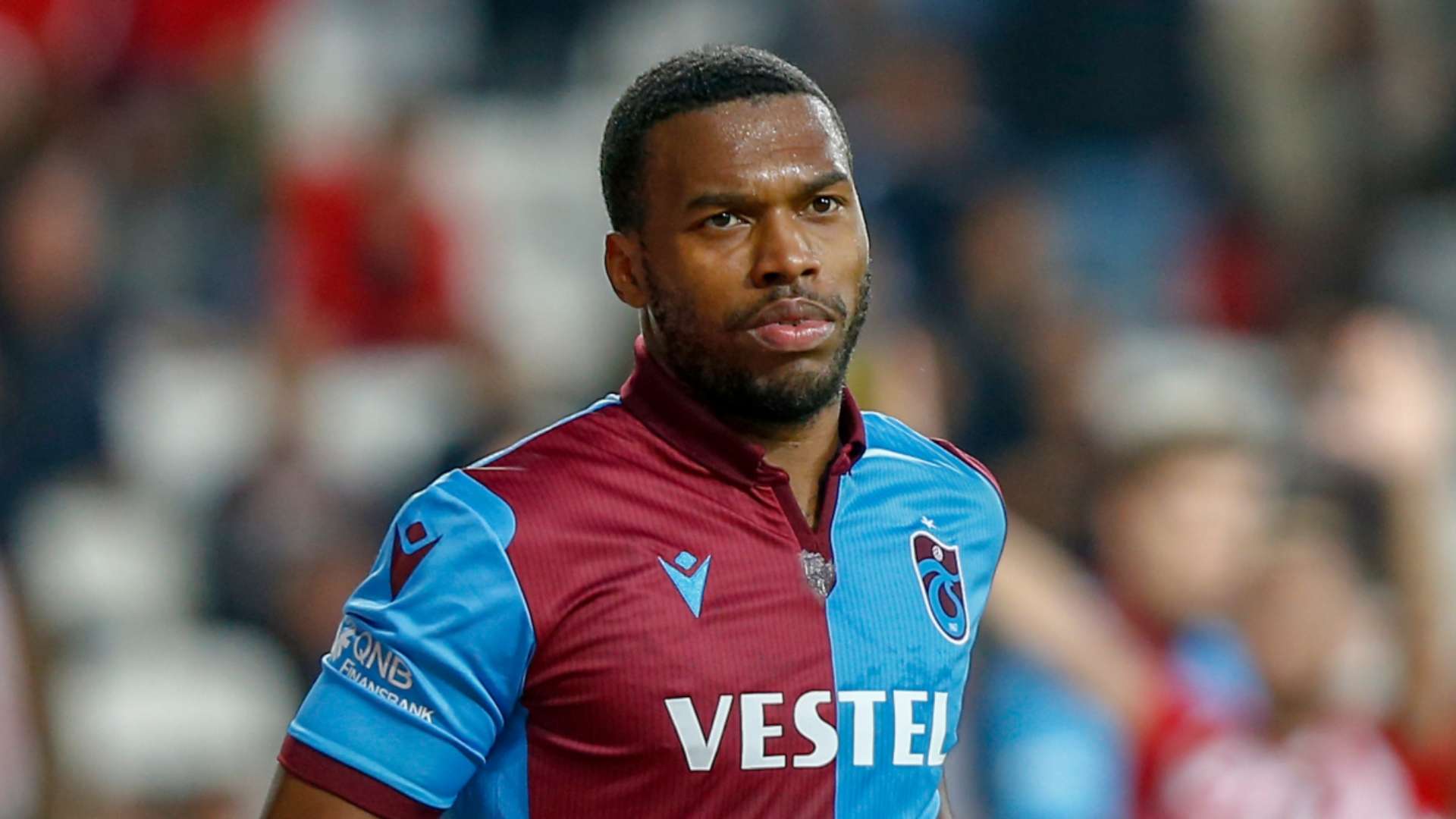 AA
AA
Then it all fell apart. A year previous, he had been banned from football for six weeks for breaching betting rules after telling his brother to bet on a possible move to Sevilla.
But the FA appealed the decision, and in March 2020, he was banned from football for four months. His contract at Trabzonspor was terminated the same day.
"Devastating for me, I'm absolutely gutted about it. My season's over,” Sturridge said.
"I just want to say it's been a very long, drawn out process over the last couple of years, and difficult to concentrate on my football.”
In the end, Sturridge’s ban hasn’t been that dramatic, with global football largely suspended anyway. But it is hard to shake the idea it has spelled the end of his career at the top end of the game.
